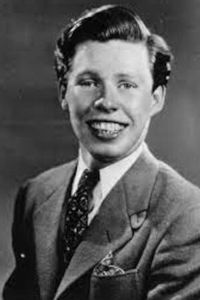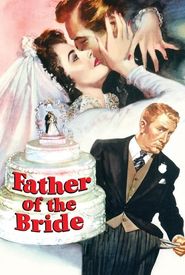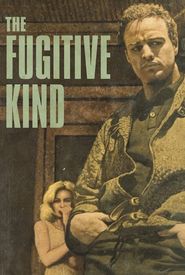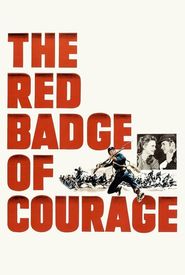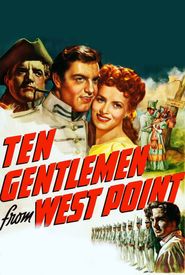Joe Brown's initial foray into the world of cinema was marked by a string of film appearances, beginning with High School (1940),where he played the role of Slats Roberts alongside Jane Withers. This was swiftly followed by Youth Will Be Served (1940),in which he portrayed the character of Benny. In 1941, Brown took on the role of midshipman Bill Foster in the military recruitment film Naval Academy, and later that same year, he appeared in Sing Another Chorus as Ralph, a typical musical of the era.
Brown's subsequent film appearances were marked by a series of bit parts, including roles in All American Co-Ed (1941),The Kink of the Campus (1941),The Postman Didn't Ring (1942),College Belles (1942),The Great Glover (1942),and Glove Birds (1942). His filmography also included a musical, Juke Box Jenny (1942),another military recruitment and war bond film, Ten Gentlemen from West Point (1942),in which he played the role of Cadet Benny Havens, as well as the comedy B-movie, His Girl's Worst Friend (1943).
After a four-year hiatus, Brown returned to the big screen with Jack Armstrong (1947),followed by a string of B-movies, including Father of the Bride (1950),in which he played a moving man, The Skipper Surprised His Wife (1950),as Bilson, Messenger of Peace (1950),as Ted Herner, and The Wild Blue Yonder (1951),starring Wendell Corey, Vera Ralston, Forrest Tucker, Phil Harris, Walter Brennan, Ruth Donnelly, Harry Carey Jr., and Brown as Sgt. Pop Davies.
In addition to his work in film, Brown also made appearances on television, including the series "Three Character Mike" and "The Phil Silvers Show" (1957). His final foray into the world of cinema was marked by a role in The Fugitive Kind (1959),in which he played the character of Pee Wee Binnings, a townie to Marlon Brando's character who had run foul of the law one too many times.
